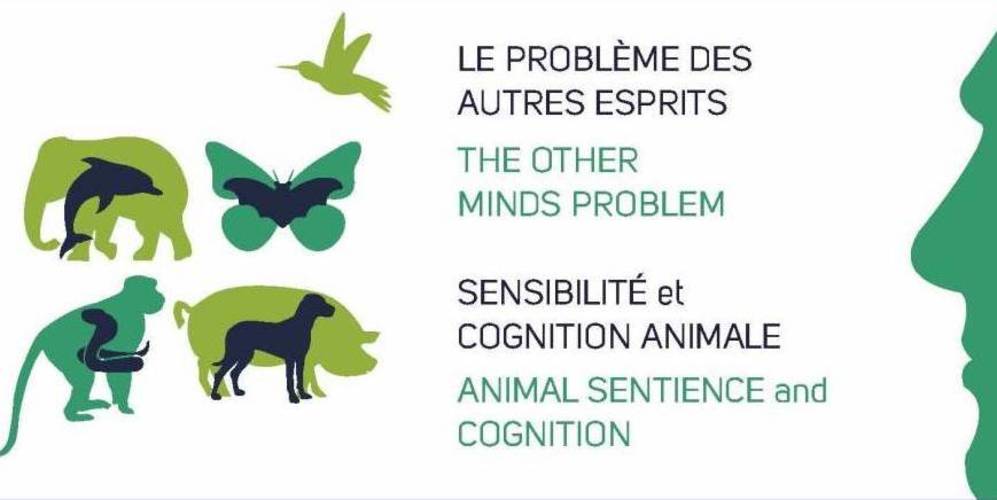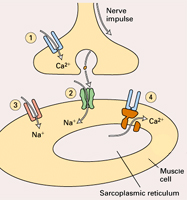Thursday, 14 February 2019
A Summer School on Animal Sentience and Cognition

“Without consciousness the mind-body problem would be much less interesting. With consciousness it seems hopeless.” – Thomas Nagel
“What is it like to be a bat?” is the somewhat disconcerting title of philosopher Thomas Nagel’s famous 1974 article on the ineffability of subjective consciousness. In reality, we humans will never know what it is like to use echolocation to navigate as we fly through the air, because, unlike bats, we simply don’t have the bodies or the nervous systems to do so. But the question of animals’ experience in general is nevertheless highly relevant, if only because our human species has the faculty of language and has developed a scientific method that lets us make observations and deductions about the mental states of other human beings and other animals. And because humans domesticate, exploit and exterminate thousands of other animal species, knowing what they may experience becomes an ethical imperative to guide the way we treat them. (more…)
The Emergence of Consciousness | No comments
Thursday, 12 November 2015
From membrane excitability to subjective consciousness

When people tell me that they’d like to understand more about how their brain works, I often respond teasingly that first they should probably ask what they use it for. Because you don’t use your brain only for its obvious, “proximal” functions, such as thinking, talking, understanding, laughing, crying, riding a bicycle, philosophizing, and simultaneously being aware of doing all those things. In that sense, unhelpful as this answer may seem, you actually use your brain for everything: everything you do, including sleeping or daydreaming, involves co-ordinated activity on the part of your brain.
No, what I’m talking about is the brain’s ”distal” (ultimate) function. In other words, how and for what reason did the first nervous systems evolve? (more…)
From the Simple to the Complex | No comments







